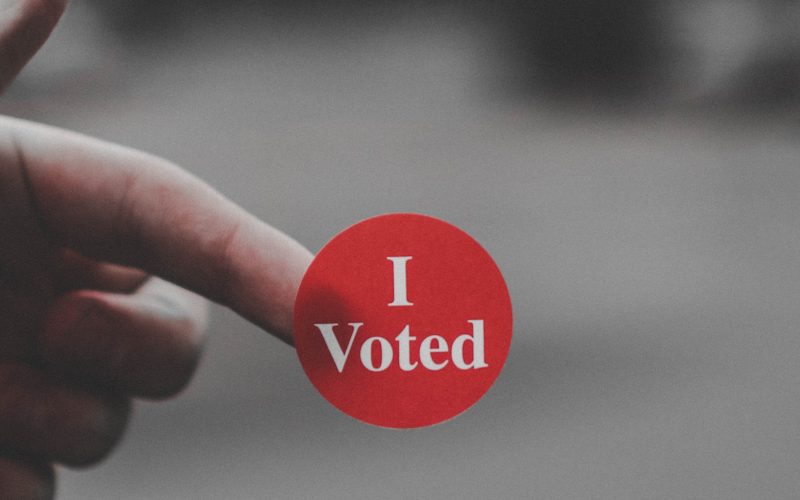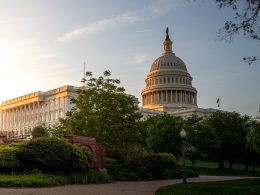As citizens, we rely on our governments to provide us with safety, security, and basic services. However, in recent years, there has been a growing concern about the government’s watchful eye and how it affects our privacy and civil liberties. In this article, we will explore some of the insights on politics and governance that can help us navigate the government’s watchful eye.
The government’s surveillance programs have been a topic of controversy for many years. The revelations by Edward Snowden in 2013 about the National Security Agency’s (NSA) surveillance programs brought the issue to the forefront. The programs were designed to monitor the communications of potential terrorists and other threats, but they also collected data on innocent citizens. This raised questions about the balance between national security and individual privacy.
Since then, there have been several reforms to government surveillance programs. The USA Freedom Act, passed in 2015, ended the NSA’s bulk collection of phone records. The act also requires the government to obtain a warrant before accessing an individual’s data. Additionally, the government has been more transparent about its surveillance programs and has provided more information about the types of data it collects.
However, there are still concerns about the government’s use of surveillance. One issue is the use of facial recognition technology by law enforcement agencies. Critics argue that the technology is not accurate enough and can lead to false arrests. Additionally, there are concerns about the government’s use of data mining and predictive analytics, which can be used to identify potential threats but can also be used to target innocent individuals.
To navigate the government’s watchful eye, it is important to be informed about the laws and regulations that govern government surveillance. The Electronic Frontier Foundation (EFF) and the American Civil Liberties Union (ACLU) are two organizations that provide information about government surveillance and how to protect your privacy. The EFF has developed a Surveillance Self-Defense guide that provides tips on how to secure your devices and protect your online activities.
Another way to protect your privacy is to use encryption. Encryption is a technique that scrambles your data so that it can only be read by someone with the encryption key. Many messaging apps, such as Signal and WhatsApp, use end-to-end encryption to protect their users’ communications. Additionally, using a virtual private network (VPN) can help protect your online activities by encrypting your internet connection.
In conclusion, the government’s watchful eye can be a cause for concern, but there are ways to navigate it. Being informed about the laws and regulations that govern government surveillance, using encryption, and following best practices for online security can help protect your privacy and civil liberties. By taking these steps, we can ensure that our governments are providing us with safety and security while also respecting our individual rights.












